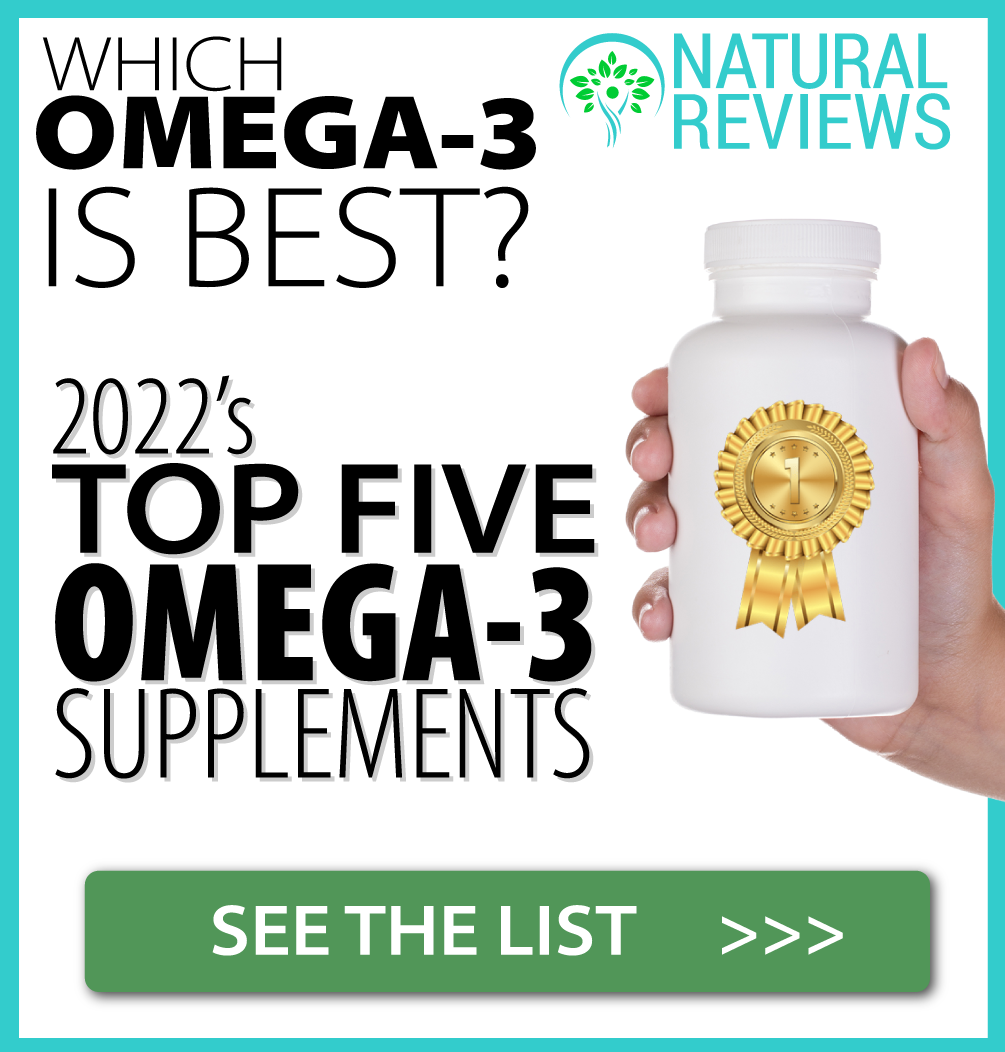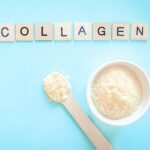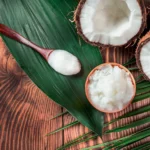Muscle soreness can be caused by various issues, including stress, tension, overuse, minor injuries, or delayed Onset Muscle Soreness (DOMS) from a workout routine. With these issues, the pain usually affects a few muscles or a small isolated part of your body. Which generally reflects the body’s accumulation of metabolic waste products and oxidative stress.
Muscle recovery is crucial for people working towards specific fitness goals and for people encountering certain ailments. This makes recovery paramount because that period allows muscles to repair and strengthen.
Some essential recovery strategies are:
- Staying hydrated
- Ensuring enough protein intake
- Getting enough rest
- Stretching
- Foam rolling or massage
In addition to these recovery strategies, you can take several supplements to help with muscle soreness and improve muscle recovery time.
The Value of Supplements for Muscle
⦿ Soreness

Supplementation allows us to go above and beyond what food alone provides, paving the way to minimize soreness and efficient muscle gains. We can accomplish a lot with a few high-quality supplements that support workout recovery in various ways. As supplements can enhance muscle protein synthesis, assist muscle recovery by reducing muscle soreness, or aid the body in getting rid of lactic acid faster, which is beneficial for acute muscle soreness. All of this helps speed up the recovery process, giving muscle cells the energy they need to keep going while they recover.
⦿ Branched-chain amino acids (BCAAs)
“Branched-chain” refers to the structure of BCAAs, which can be found in protein-rich foods such as eggs, meat, and dairy by-products. They are also a prevalent dietary supplement sold primarily in powder form. This chained amino acid is a favored pre or post-workout recovery supplement because this pick contains a trio of critical amino acids, Isoleucine, valine, and leucine. These replenish the body’s natural amino acids and are beneficial in a workout routine as they increase muscle growth, decrease soreness or fatigue and prevent muscle wasting.
⦿ Protein
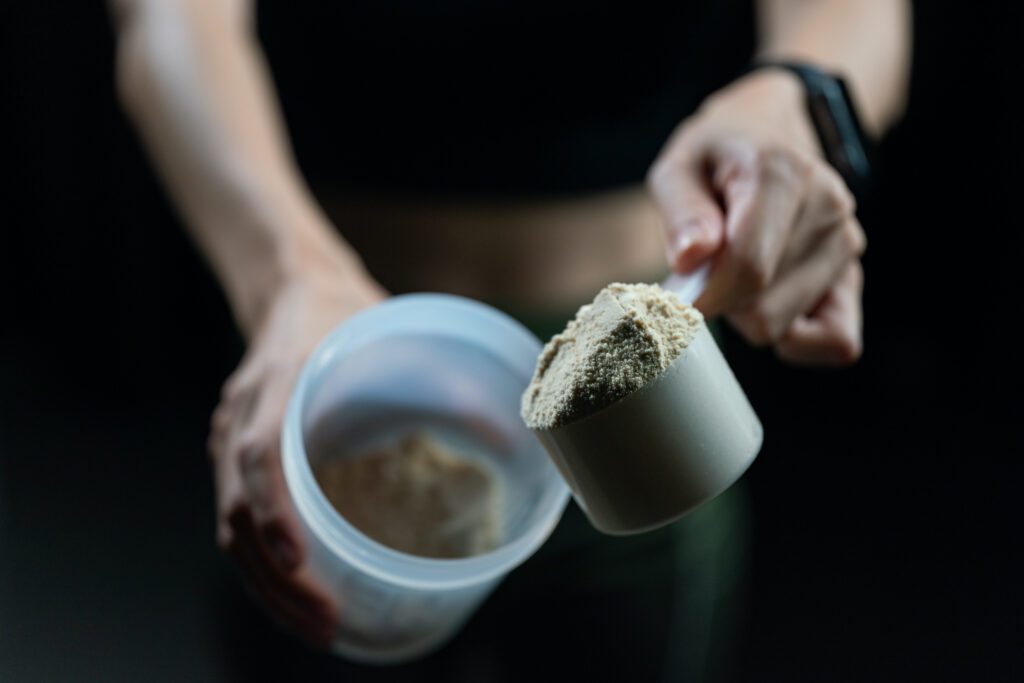
While protein might not be what most people visualize when the word supplement is mentioned, the macronutrient is essential for building muscles and strength over time. Experts agree that people should aim to consume between 15-20 grams of protein after a workout session to help people feel full and reduce cortisol levels. Consuming more than the recommended amount will only produce gains as the body can absorb up to 20 grams. Although protein can be finished within your diet, popular supplement options include whey protein, vegan protein, and paleo protein powder.
⦿ Creatine
People who exercise often may be familiar with creatine for a faster recovery and as a way to maintain energy during workouts. The naturally occurring substance allows muscles to power through by enabling the body to produce more adenosine triphosphate (ATP) or energy. Creatine is also excellent for post-workout recovery by boosting muscle recovery rates at the cellular level. Research has shown that regularly incorporating creatine after working out can significantly speed healing and improve muscle output.
⦿ Omega-3 fatty acids
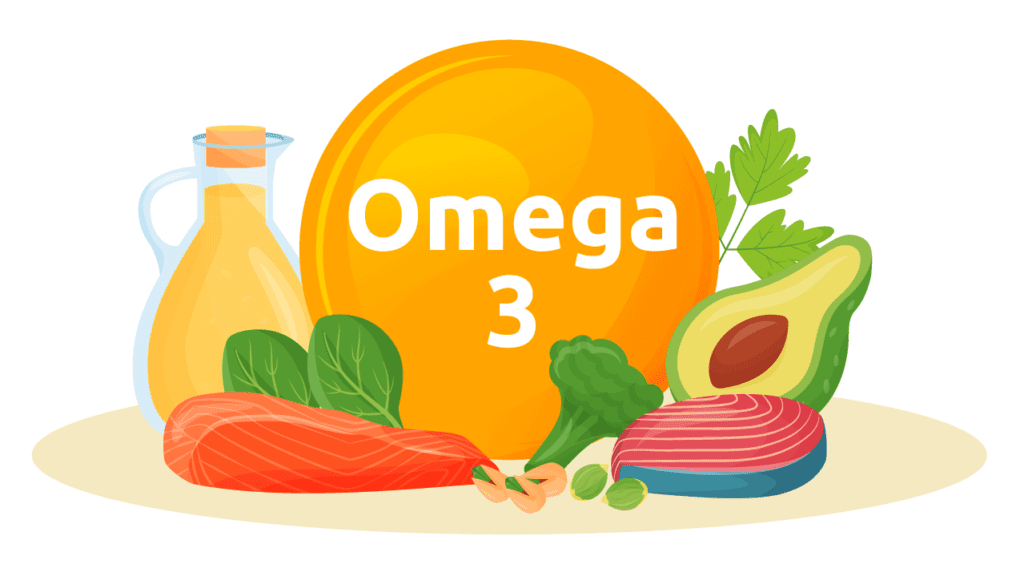
Most people know the aches and pains accompanying an unfamiliar workout routine. Omega-3 polyunsaturated fatty acids have natural anti-inflammatory effects, which make them the ideal supplement for reducing muscle soreness and aiding in bone repair. Reduced inflammation is significant as the feature can help to reduce the risk of workout-related injuries. Additionally, omega-3s can also support improved blood and oxygen flow to the muscles, which helps to improve the range of motion and reduce joint soreness.
Prioritizing the recovery periods
Working out is more than picking the right exercises and warming up before engaging in activities. People must also consider the foods or supplements consumed post-workout to get the best results. Individuals with questions about the best accessories to aid muscle recovery and support customized workouts should consult a pharmacist or dietitian for guidance.



